|
|
|
Editor's note
|
|
Sudanese President Omar al-Bashir is facing an unprecedented popular uprising against his decades-long rule. The country’s academics are involved in protests that have brought hundreds of thousands of people onto the streets, though their role isn’t as big as it has been historically. Willow Berridge describes the instrumental role that they played in bringing down previous Sudanese regimes and negotiating the transitions that followed.
Meanwhile, Sudan’s neighbour Libya has problems of its own. It’s seen an escalation of conflict in recent weeks and the fighting is nearing the capital, Tripoli. Jacob Mundy explains that what happens next all depends on Khalifa Haftar, whose Libyan National Army now controls large swathes of territory.
There’s been a lot of discussion in recent years about the idea of “fake news” and why it should more accurately be called misinformation, disinformation or propaganda. What’s often ignored, though, is how this phenomenon plays out in academic circles. In today’s episode of Pasha, several academics discuss the issue.
|
Moina Spooner
Commissioning Editor: East Africa
|

|
|
Top Stories
|
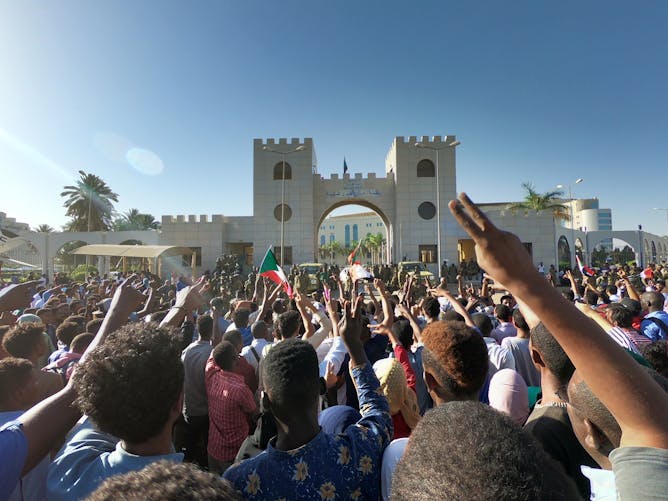
Sudanese protesters are demanding the departure of President Omar al-Bashir.
EPA-EFE/STRINGER
Willow Berridge, Newcastle University
Sudan's academics have been instrumental in bringing regime change and negotiating transitions.
|
|
|
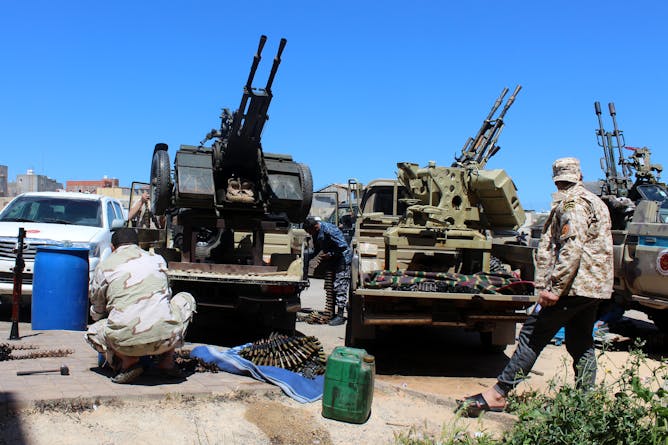
Militants stand on gun-mounted vehicles as they prepare to move to the frontline to join forces loyal to the UN-backed unity government, in Tripoli.
EPA-EFE/Stringer
Jacob Mundy, Colgate University
A serious concern is the possibility of a long, drawn-out siege of Libya's capital, Tripoli.
|
Science + Technology
|

Harris Andoh, Tshwane University of Technology
South Africa's White Paper doesn't outline how science, innovation and technology can improve ordinary people's lives.
| |

Brenda Wingfield, University of Pretoria; Bob Millar, University of Pretoria
An urgent discussion is needed around the cost of research publications.
|
|
|
Arts + Culture
|
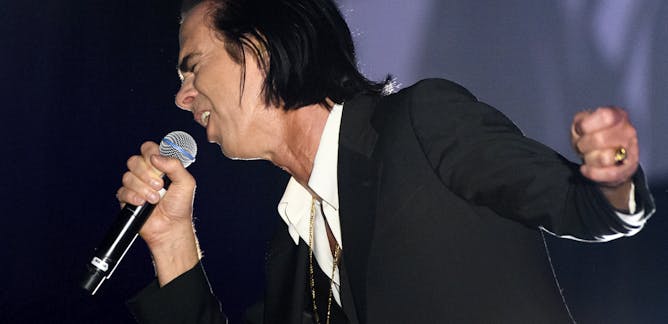
Abigail Gardner, University of Gloucestershire
Rock artist Nick Cave finds poetry in the darkness - his song "Jubilee Street" is an example.
| |
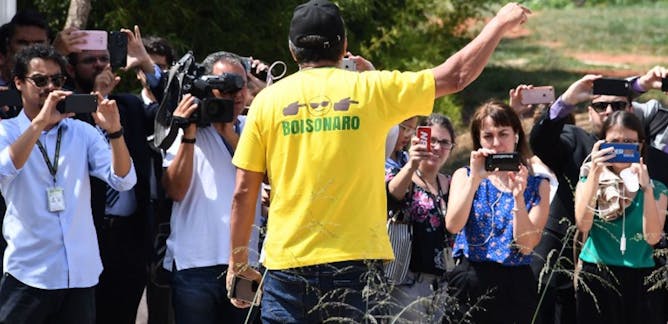
Marcos Barros, Grenoble École de Management (GEM)
In a context of defiance against media, how can journalists recover the public's trust and their image of "truth tellers"? Brazil provides a few examples.
|
|
|
Podcasts
|

Ozayr Patel, The Conversation
To fight fake news, it's crucial that science is spread in an understandable way.
| |

Ozayr Patel, The Conversation
"Fake news" even rears its head in academic spaces.
|
|
|
From our international editions
|
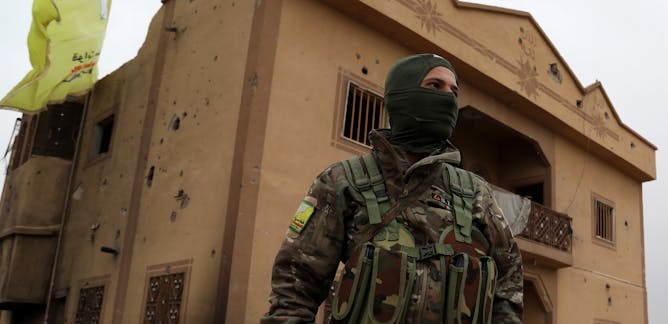
Harout Akdedian, Central European University
Its defeat in Syria may now give way to new dangers.
| |
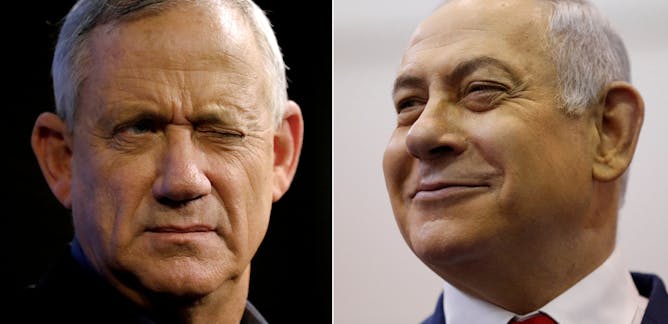
Guy Ziv, American University School of International Service
They wanted to oust Israeli leader Benjamin Netanyahu in Tuesday's election, but the failure of three centrist generals to talk about key issues may have made Netanyahu the apparent winner.
|
|
|
|
|
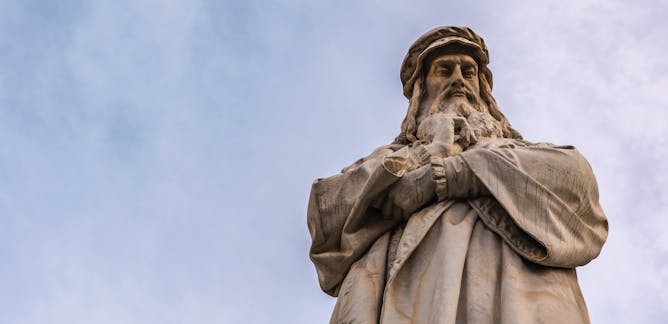
Richard Gunderman, Indiana University
Dead five centuries, Leonardo retains a rock star's fame, well known around the world by just one name. Here, some facts about the man and his legacy.
| |
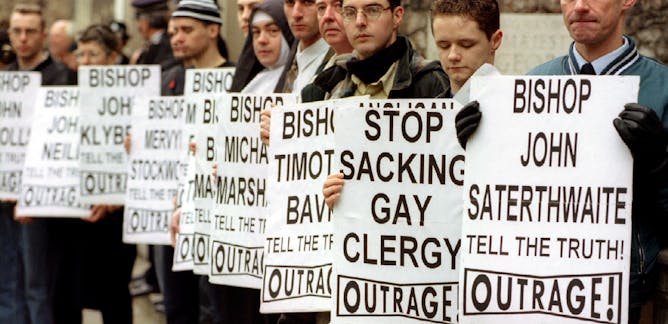
Lisa McClain, Boise State University
Pope Francis has discouraged homosexual men from entering priesthood. Prior to the 12th century, even celebrated priests could write about same-sex desires and the church paid little attention.
|
|
|
En Francais
|
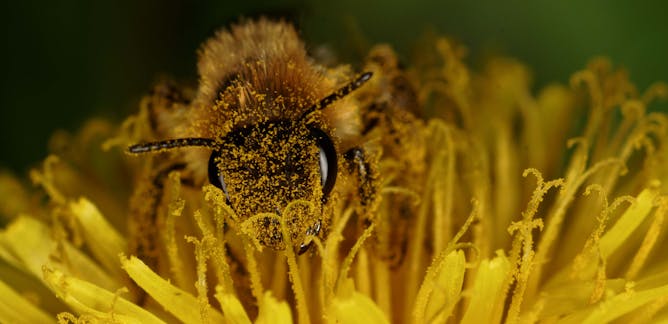
Michel RENOU, Inra
Les plantes utilisent des molécules volatiles pour communiquer entre elles ou avec les insectes. Modifier le « paysage odorant » c’est aussi attaquer la biodiversité.
| |
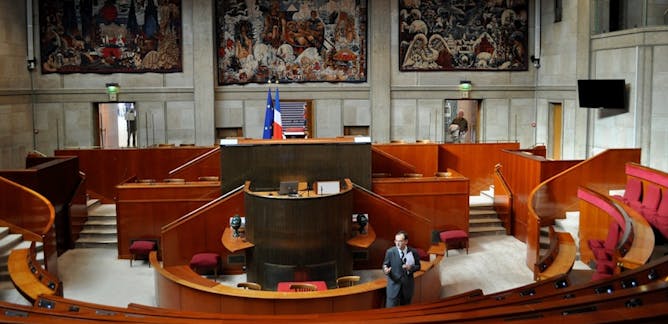
Vassili Joannides de Lautour, Grenoble École de Management (GEM)
La Vᵉ République dispose d’une institution capable d’anticiper les grands mouvements sociaux, d’apprécier les évolutions de la société et de s’en faire le porte-voix.
|
|
|
| |
| |
| |
| |
Would you like to republish any of these articles?
|
|
It’s free to republish, here are the guidelines.
Contact us on africa-republish@theconversation.com in case you need assistance.
|
| |
| |
| |
| |
|
|
|
|
|
|
|